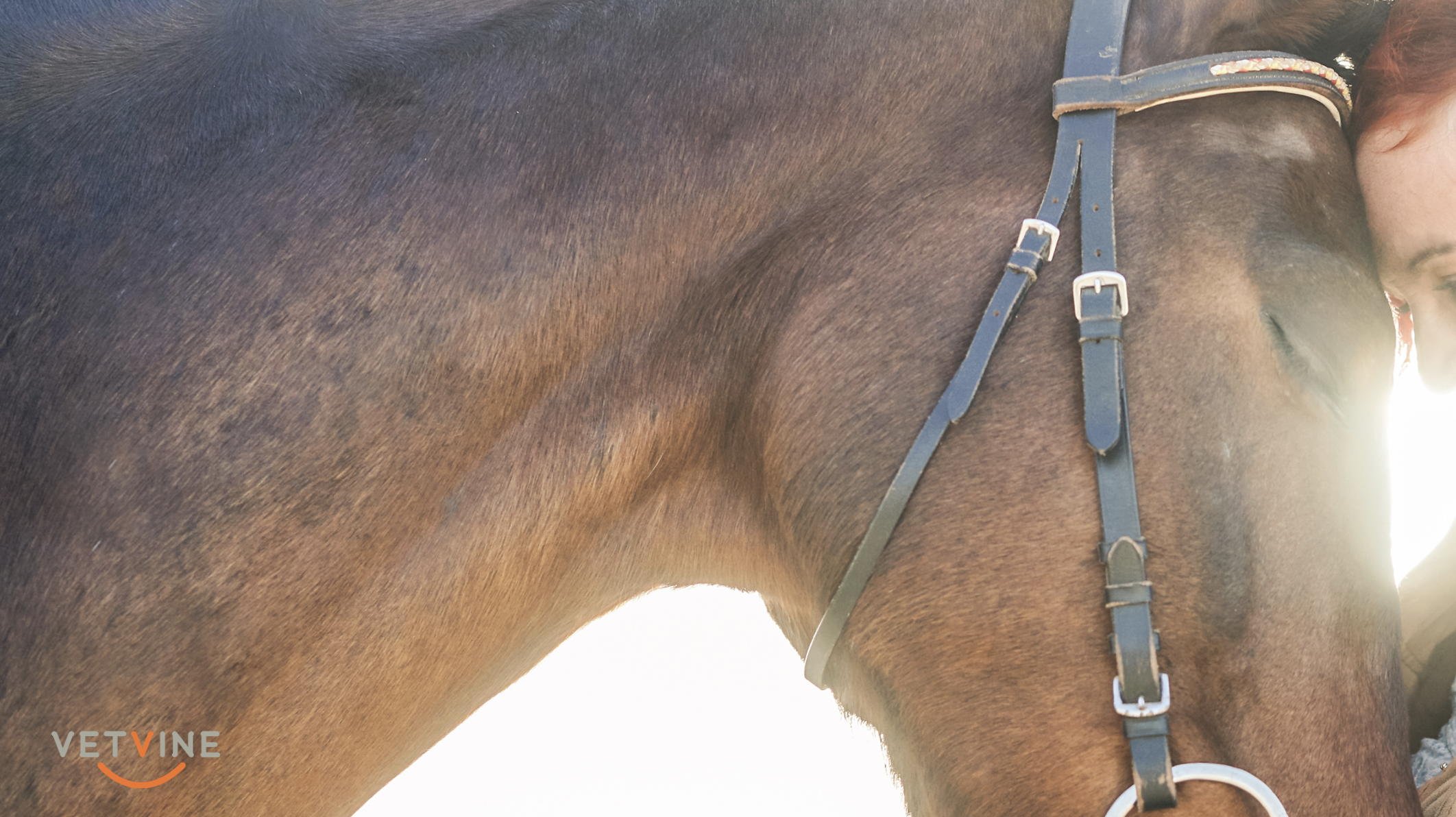Pet Health Library
 21 Apr
21 Apr
Anesthetics and sedatives are routinely given to veterinary patients having surgery. Additionally, these drugs are often administered to pets needing certain procedures in which they need to lay still or where movement of the patient could be detrimental such as a CT scan, MRI or a biopsy. Anes...
 18 Apr
18 Apr
A veterinarian may recommend subcutaneous (sub-Q) fluids for pets with health problems that lead to dehydration, or as a means of ensuring adequate hydration in the face of certain illnesses. Pets with kidney disease, for example, or pets with excessive fluid losses from vomiting or diarrhea,...
 17 Apr
17 Apr
Trouble viewing this video? Click here What is Gastric Dilation-Volvulus (Bloat)? Gastric dilation-volvulus (GDV) is a serious disorder that can be fatal if it goes untreated. More commonly referred to as "bloat," GDV is a condition in which the dog's stomach fills with gas and subsequen...
 21 Apr
21 Apr
A growing number of veterinary clinics are taking steps to become designated as Cat Friendly Practices. To be designated as a Cat Friendly Practice, they have proven that they understand and are taking specific steps to meet the unique needs of cats and implement feline-friendly standards of c...
 21 Apr
21 Apr
A preventive care examination or check-up should occur at least once a year for all cats, and more frequently for senior cats with chronic medical conditions. These visits are important to your cat's healthcare plan. During this visit, your veterinarian will assess your cat's nutrition, lifestyle, e...
 19 Apr
19 Apr
It can be stressful for both the cat and the cat owner to visit the veterinarian. For many, the stress of the veterinary visit starts even before arriving at the veterinary clinic with trying to get the cat into the carrier and the car ride to the practice. Here are some suggestions to h...
 19 Apr
19 Apr
Parvoviral enteritis (often called "Parvo") is a viral infection that affects dogs. It is caused by the Canine Parvovirus (CPV-2). It most commonly affects puppies - especially those that are not fully vaccinated to protect against the disease. Although the disease can be seen any...
 21 Apr
21 Apr
Pets have several physiologic mechanisms that normally help them to dissipate heat and maintain a normal body temperature. Although dogs and cats don't have many sweat glands in their skin, their primary cooling mechanisms are through panting and dilation of blood vessels in their paws. Heats...






